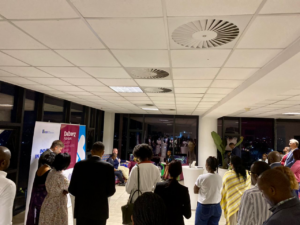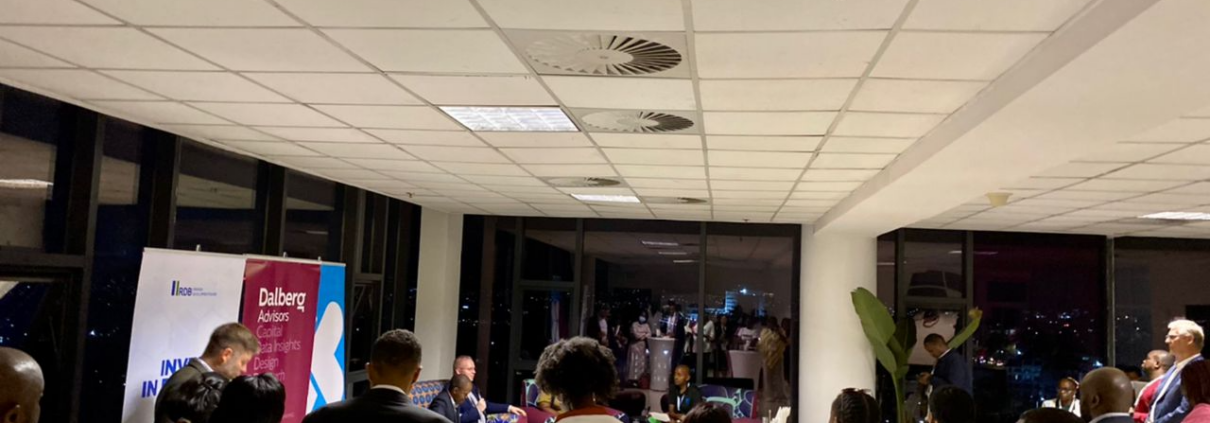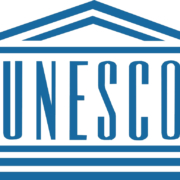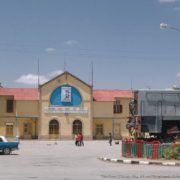Research on operationalizing a climate-smart real estate enterprise, based in Rwanda
 By Divine Mutoni, MURP 2024
By Divine Mutoni, MURP 2024
The Global Public Affairs Summer Fellowships allowed me the opportunity to return to my home country, Rwanda, this summer as a graduate student researcher under the supervision of my previous employer. I am currently a second-year Master of Urban Planning candidate at UCLA’s Luskin School of Public Policy. Prior to UCLA, I worked as a strategy consultant for four years at Dalberg, a multidisciplinary international consulting firm focused on international development. Inspired by the academic environment at UCLA, this project and a return to my previous employer appealed to me because they let me pivot from the typical lens of client-focused service delivery to a more knowledge- creation and research role in an environment I am familiar with.
Over the course of the summer, I focused on researching the feasibility of a business development initiative – a vertically integrated climate-smart real estate enterprise. These research efforts are part of the Climate Smart Forest Economy program, a $2 million coalition of many stakeholders including Dalberg Advisors, and housed by the Good Energies Foundation. My responsibilities were two-fold; i) estimate and elaborate on the proposed structure and the financial and technical resource needs of building an Africa-based real estate firm that specializes in advisory services, in situ construction, and carbon modeling for development projects using forest-based materials, and ii) conduct stakeholder outreach and engagement to assess low and high-touch partners’ appetite for pursuing the opportunity. At my jump-off point, there was a recognition that a degree of outsourcing, particularly for the modeling piece of the service offering, would be necessary, and that engaged stakeholders needed the opportunity to be shaped further before committing any interest to pilot the idea.
The research opportunity strengthened my conviction that the link between proactive and need-focused urban planning and education needs to be more clearly spelled out and invested in. Green solutions need ‘green expertise’ and in the case of the vertically integrated real estate firm, the skills required are relatively new and the talent gaps remain large; gaps around skills such as using forest products as substitutive construction material, especially in a context where urban housing development still relies on high-emission materials or even carbon modeling. Besides the research, I also found Dalberg in a transitional phase where shortly after my departure, the African regional leadership decided to pursue a different strategic vision, one focused on climate and sustainability, and a spin-off of the other regions’ offices. The lead-up to the split served as a learning experience for organizational management and a space to reflect on the tenets of healthy employer-employee working dynamics in the face of uncertainty and change.




 “Dire Dawa | Ethiopia, Map, & Facts.” Encyclopedia Britannica, 20 July 1998, www.britannica.com/place/Dire-Dawa.
“Dire Dawa | Ethiopia, Map, & Facts.” Encyclopedia Britannica, 20 July 1998, www.britannica.com/place/Dire-Dawa. 


